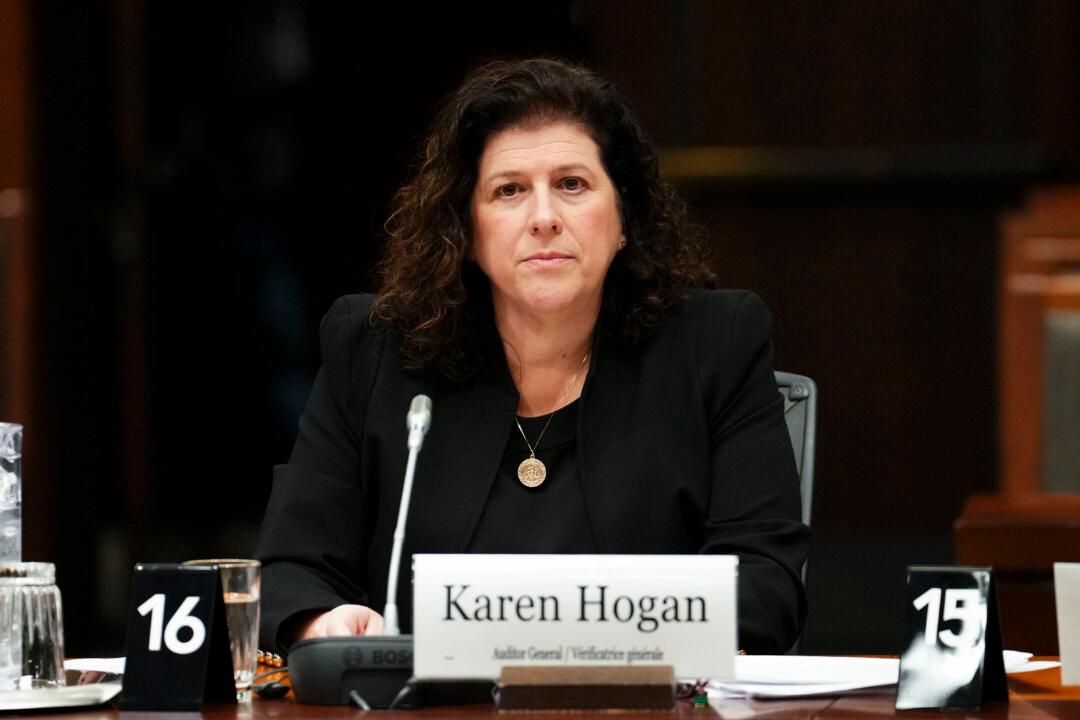Canada’s auditor general has announced plans to evaluate the effectiveness of the federal child care program, as providers continue to voice concerns about the program’s impact on the sector and ability to meet its stated goals.
The Office of the Auditor General is in the process of launching an audit of the Canada-Wide Early Learning and Child Care Plan (CWELCC) and is considering involving provincial auditors general in the investigation, said Auditor General Karen Hogan.





